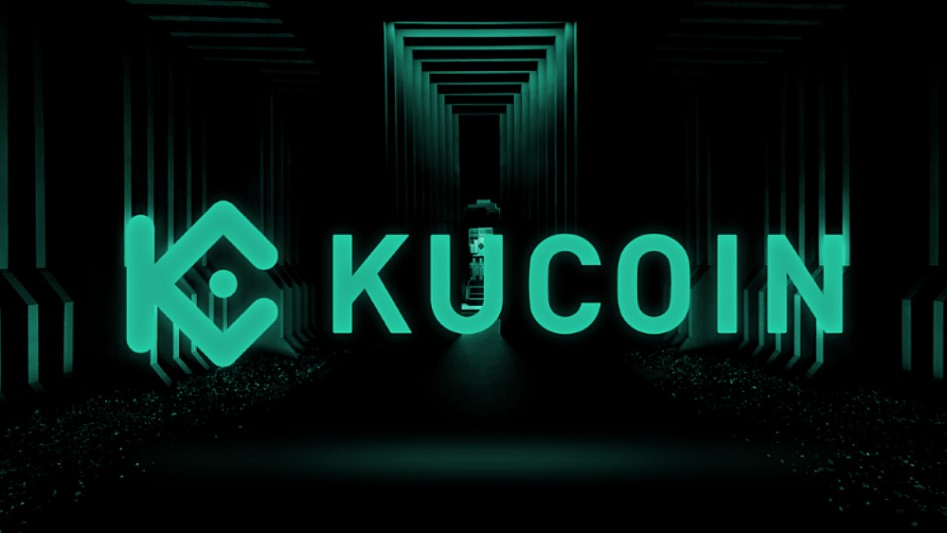KuCoin Plants Its Flag in Bangkok With a Licensed Thai Exchange
14.06.2025 13:00 1 min. read Alexander Stefanov
KuCoin has gone from serving Thailand’s traders remotely to operating on their home turf.
The global exchange quietly purchased ERX Company—the country’s first SEC-approved token marketplace—rebranded it “KuCoin Thailand,” and secured full registration with the Ministry of Commerce. That single move hands KuCoin a coveted Thai SEC license, giving it the same legal footing as local incumbents like Bitkub, Upbit, and Gulf Binance.
The new platform already supports spot pairs and a direct Thai-baht on- and off-ramp. Chief executive BC Wong says more products will appear only “as regulations and demand allow,” noting that Thailand’s transparent rulebook, growth outlook, and pro-crypto tourism plans made it the ideal beachhead for Southeast Asia expansion.
KuCoin also trumpets fresh SOC 2 Type II and ISO 27001 certifications—credentials it hopes will reassure regulators and users alike. All former ERX customers have been migrated to the revamped site, while tourists may soon find crypto card payments on offer if government proposals move forward.
With eight licensed rivals already vying for Thai traders, KuCoin’s bet hinges on one advantage: it can bring global liquidity into a market that increasingly insists on local compliance.
-
1
Trump Imposes 50% Tariff on Brazil: Political Tensions and Censorship at the Center
10.07.2025 7:00 2 min. read -
2
Key Crypto Events to Watch in the Next Months
20.07.2025 22:00 2 min. read -
3
USA Imposes Tariffs on Multiple Countries: How the Crypto Market Could React
08.07.2025 8:30 2 min. read -
4
UAE Regulators Dismiss Toncoin Residency Rumors
07.07.2025 11:12 2 min. read -
5
Ripple Selects BNY Mellon as Custodian for RLUSD Stablecoin Reserves
09.07.2025 15:28 2 min. read
Two Upcoming Decisions Could Shake Crypto Markets This Week
The final days of July could bring critical developments that reshape investor sentiment and influence the next leg of the crypto market’s trend.
Winklevoss Slams JPMorgan for Blocking Gemini’s Banking Access
Tyler Winklevoss, co-founder of crypto exchange Gemini, has accused JPMorgan of retaliating against the platform by freezing its effort to restore banking services.
Robert Kiyosaki Warns: ETFs Aren’t The Real Thing
Renowned author and financial educator Robert Kiyosaki has issued a word of caution to everyday investors relying too heavily on exchange-traded funds (ETFs).
Bitwise CIO: The Four-Year Crypto Cycle is Breaking Down
The classic four-year crypto market cycle—long driven by Bitcoin halvings and boom-bust investor behavior—is losing relevance, according to Bitwise CIO Matt Hougan.
-
1
Trump Imposes 50% Tariff on Brazil: Political Tensions and Censorship at the Center
10.07.2025 7:00 2 min. read -
2
Key Crypto Events to Watch in the Next Months
20.07.2025 22:00 2 min. read -
3
USA Imposes Tariffs on Multiple Countries: How the Crypto Market Could React
08.07.2025 8:30 2 min. read -
4
UAE Regulators Dismiss Toncoin Residency Rumors
07.07.2025 11:12 2 min. read -
5
Ripple Selects BNY Mellon as Custodian for RLUSD Stablecoin Reserves
09.07.2025 15:28 2 min. read


